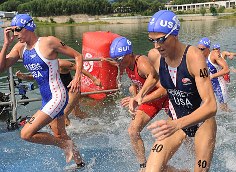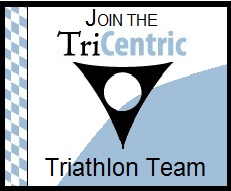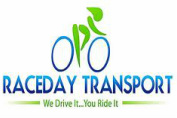One of the biggest factors in managing training loads is having metrics in place that help determine when you're making progress and when you're doing damage. Many, many athletes over-work and under-rest and even coaches have been selling the notion that always pushing hard is the only way to get faster... It's NOT! And... without a proper foundation can be dangerous and limiting. So... what type of metrics can be put in place to take the guess work out of knowing when to push your training loads and when to pull back? here are some tips that have consistently proved to yield positive results, healthy sustained progress and confidence in your training program:
Here are a few sample scenarios to help you make better decisions on when to push through and when to pull back:
- Plan your training blocks: by building your training load by 5-15% weekly and planning rest days & weeks, you increase your potential for performance gains. As you age, you require more rest/recovery... you can still better your performance but your training and rest plan should be reflective of your age as well as your goals, skills and fitness.
- Rest and Sleep: Simply by sleeping more you will get faster with the same exact amount of training... period! Most amateur athletes do not get enough sleep and do not rest before they are tired. Planned rest in your program is absolutely essential to progress... as is proper sleep... Want to perform better? don't just rest when you are fatigued... build rest into your program and you will be able to maximize your "effective training load".
- Performance Metrics: Having a method in place to gauge your performance, intensity and training/recovery zones is critical to understanding your performance and making good decisions in your training. Power meters, Heart rate monitors and perception of exertion scales are great examples of tools to help in the process... used for testing, training and recovery will give you a much better picture of progress and effectiveness of your program. Testing is not the only way to gauge performance... think of it as micro and macro metrics... testing and races are macro-events where as body weight/composition, TSS (training stress score), resting heart rate, gains in VO2 and LT efficiency, etc... are more micro events to gauge performance gains. Know your zones and learn how to use them to maximal effect and just as important... learn how to analyze performance.
- Signs to look for: Are you tired? do you yawn during the day or struggle to stay alert at work? (more than usual :-) Are your muscles sore? Is your resting heart rate unusual? Is your power just not there? are you not making gains? These are just a few signs that your body and mind are telling you to pay attention to something... If you have a coach, always bring these things up... if self-coached... it behooves you to have an action plan in place before hand... when in doubt proceed with caution... most coaches are happy to have a short conversation with you about this stuff... respect their profession and time and you'll probably get some good advice... you can always pick up their coffee tab after a ride to say thanks...
Here are a few sample scenarios to help you make better decisions on when to push through and when to pull back:
- Swim: Just not able to warm up and find your stroke? Don't reinforce bad technique... put some fins on and focus on form for the remainder of set and/or shorten.
- Bike: Can't maintain power on a high intensity interval session? Proceed to your cool down if power drops by 10%. Group sessions are a much better place to push through as you can also draft to get rest and get that mental help from training partners.
- Run: If you are too fatigued to maintain your normal pace, heart rates and form than shut it down and take the rest so you can re-set and better your performance next session.
- Strength: Often you can push through strength work in the gym as you are very focused on form/technique... this is a great place to make gains that will enable you to push harder in your aerobic sessions and maintain/improve form for longer periods. If you find you are too fatigued to maintain good form with your strength work, take the rest. Remember... as an endurance athlete your strength work supplements your sport specific fitness objectives.
- Gauging Fatigue: Don't guess when it comes to your body... develop a system to assign fatigue level in order to better your decisions on when to push or pull back. It can be as simple as a scale of 1-5 keeping in mind the workload that you have both in front of you and behind you. Fatigue, opposed to simply being tired, can lead to a multitude of performance (physical, mental and emotional) limitations, injury and burnout... if you love your sport and want to be active in it for a long time... take the steps to ensure your lifestyle is not compromised.

 RSS Feed
RSS Feed




